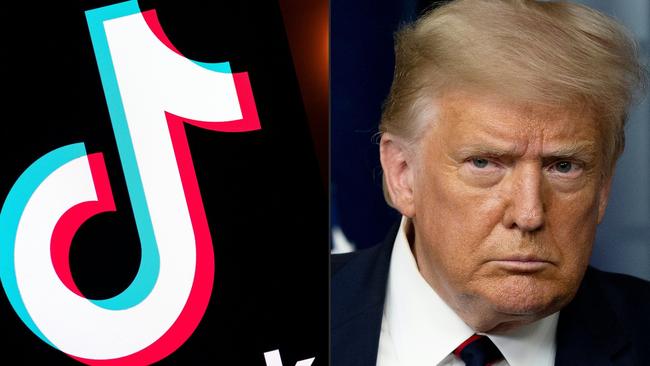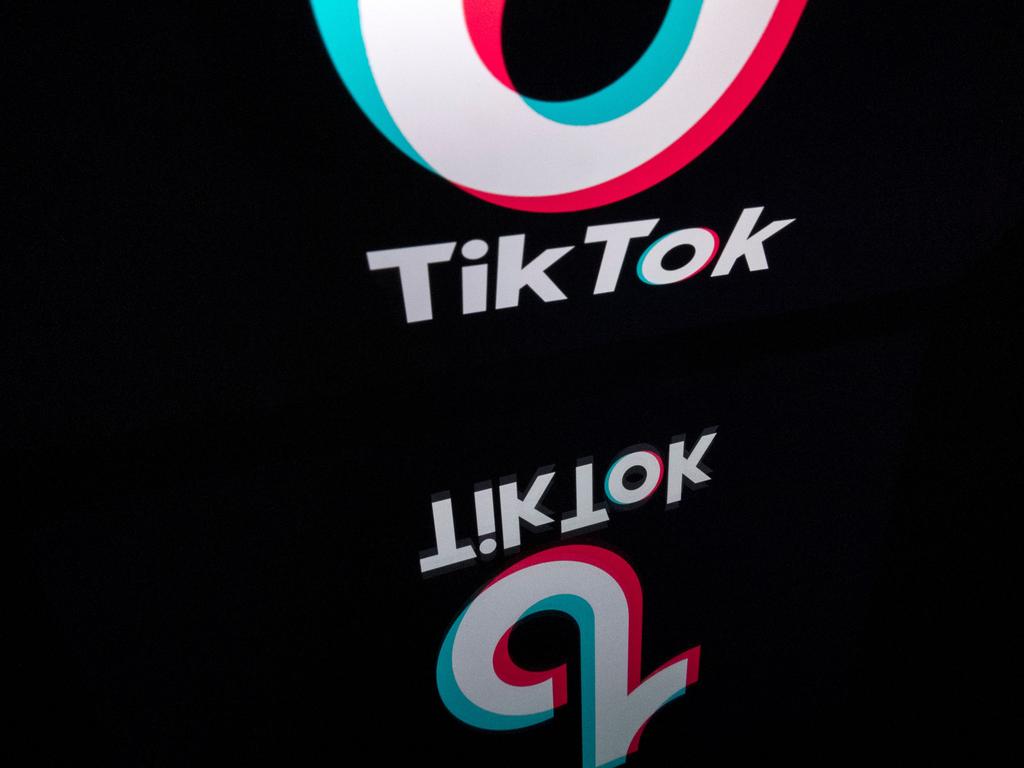Trump signals that Tik Tok’s time has come in the US

The “options” that the US government is considering appear to come down to either an outright ban of TikTok or insisting that the app is immediately acquired by an American company. At this point you are probably scratching your head. Why would the famously non-interventionist Trump administration suddenly place such a heavy hand on such a flimsy, unimportant little social media company?
The answer comes down to three things: growth, data and China.
TikTok originated in China in 2016. It is a simple social media application that allows users to create short 15 second videos and then share them. What can you create in fifteen seconds? Well, the answer is pretty much nothing. To enter the world of TikTok is to encounter a level of ridiculous inanity that would depress even the greatest youth critic. Bad amateur sketches, silly practical jokes and the occasional moment of depravity.
But if you are 16, TikTok is everything. While only 9 per cent of internet users in the US currently have the app, that proportion rises to 49 per cent of all teenagers. Data suggests that the average user spends around 45 minutes a day on the app. More importantly, the research also confirms that TikTok is growing its appeal among older users too.

TikTok has already amassed enormous global appeal. It is the most downloaded new app of 2020 and boasts a global user base thought to be edging towards a billion people. That growth trajectory means that after several years without any real threat, the big social media companies are finally facing a new rival.
There has been much talk about the established power of FANG — Facebook, Amazon, Netflix and Google. It is true that these four media companies wield more global power than any that have preceded them. They appear immune to any infraction. Facebook has clearly demonstrated that advertising boycotts have little if any impact. And the various fines and government sanctions placed on Google have done nothing to restrict the company’s growth. But it would be a mistake to suggest that these companies are infallible.
For all their billions in revenue and scale, if users start to switch their affections and eyeballs away from these existing platforms these companies will fall just as quickly as any another organisation. In fact, they may even more vulnerable to disaster because the barriers to creating a new social media app are so low and the speed of defection so quick. Up until this point, these large companies have managed this competitive threat by cleverly snapping up potential rivals before they became big enough to cause any trouble.
Google acquired a little video platform called YouTube in 2006, simultaneously removing a major future threat while bolstering its own business potential. Mark Zuckerberg famously told Kevin Systrom — the founder of Instagram — that he was developing his own rival photo software and then offered to buy his company for $US1bn. Systrom subsequently acquiesced and sold Instagram to Facebook because, as he told one investor, he feared Zuckerberg would go on to “destroy mode” if he did not.
There is now no doubt that TikTok is the next big social media application. Its growth trajectory means that it will almost certainly become the next Facebook. First it will begin to attract a broader user base. And as that user base grows so too will the operating model of the app. Just as Facebook, Amazon and Google gradually evolved from simple initial functionality to something bigger and more immersive, TikTok will add new features and grow its appeal. The commercialisation of the service will then increase. And it will eventually grow into a giant.
So why hasn’t one of the big companies acquired it? The short answer is China. TikTok was born in Beijing under the Chinese name of Douyin and launched internationally as TikTok a year later. It is owned by a Chinese company called ByteDance and that makes acquiring it a much trickier process for the big US incumbents.

Until last weekend, that is. Doubts and intense lobbying have drawn attention to the significant amount of data that TikTok collects on each of its users. To sign up, you must provide all your personal information plus cede access to audio, camera, contact list and location data. That is no different from what Facebook or Google asks of its users. But the difference is that all this data stays in America. Tik Tok’s user information is being pumped back to Beijing. And that is what is troubling President Trump.
In an ironic twist, the Chinese provenance that was preventing TikTok from being bought by an American company is about to become the driving force behind its acquisition. Over the weekend, Tik Tok’s owners were in desperate talks to divest its American operations immediately and put them in American hands. Trump is not bluffing. ByteDance have no choice but to find a buyer or be shut down in the US.
Microsoft has been discussing a deal, but the future’s unclear.
The week ahead promises to be a fascinating one in the world of media.






“We may be banning Tik Tok,” US President Donald Trump announced as he left the White House on Friday evening. “We may be doing some other things. There are couple of options. But a lot of things are happening. So, we’ll see what happens.” And with that, the President was on his way to Florida for the weekend and the media world was plunged into chaos.